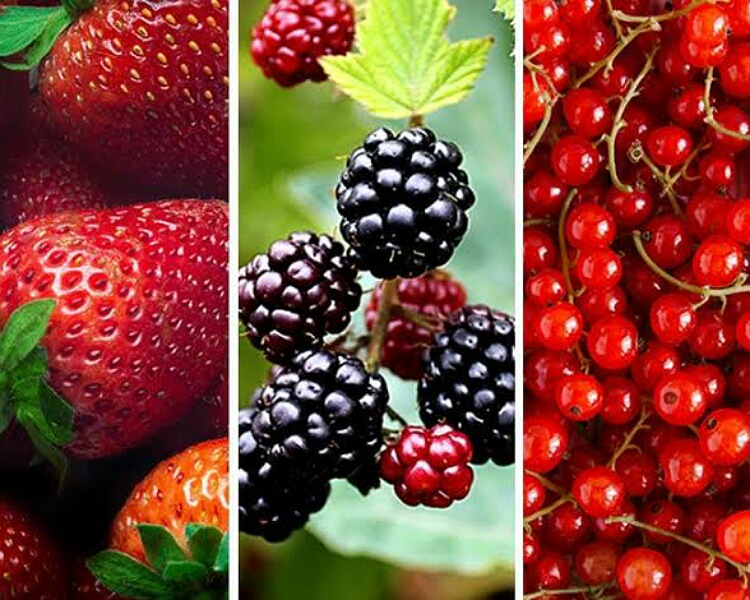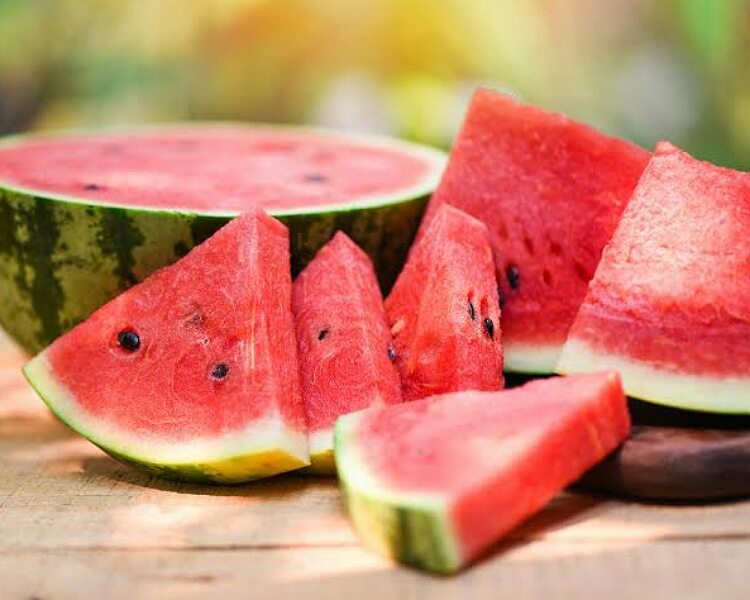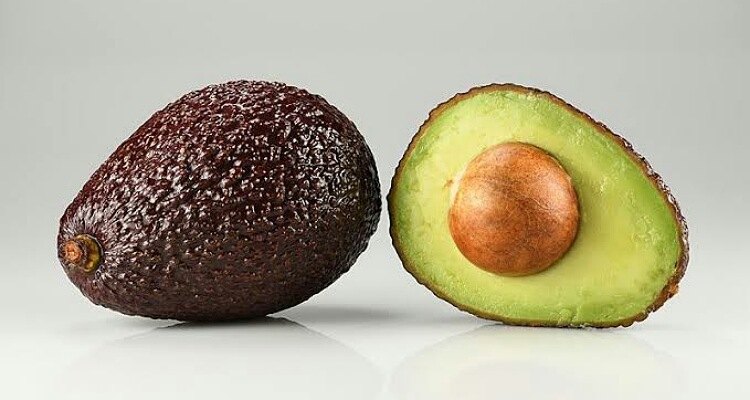Fruits are a great gift of Nature. They are sweet, delicious, and nutritious. They carry with them loads of health benefits.
Some fruits are specifically good for the heart. Which are these fruits that are heart-friendly? Which fruits should be consumed for heart health daily?
Fruits and heart health
Fruits have lots of vitamins and minerals along with fiber and phytonutrients. They have antioxidants that can prevent cell damage. Free radicals increase in the body due to the stressful urban lifestyle.
And these antioxidants of fruits mop up these free radicals that can damage cell DNA and cause cancer and chronic inflammation. Fruits give a glow to the skin and are also good for hair.
They can protect the heart, blood vessels, liver, and kidneys, and prevent high blood pressure and diabetes.
The United States Department of Agriculture recommends people consume 1.5 to 2.5 cups of cut fruits daily to get its various health benefits.
An observational study in 2020 showed that having fruits daily for 8 weeks improved blood markers that assess heart health and damage. Fruits can reduce the risk of a heart attack.
A Chinese study showed that those who ate fruits daily for 7 years had 40% fewer chance of heart attack compared to those who are less or no fruits.
Some fruits are best for the heart. These include:
1. Fresh berries: great for heart health
These small fruits are awesome for heart health. Dietitian Elysia Cartlidge states:
“Berries are excellent for heart health since they’re rich in antioxidants like anthocyanins, which help protect against the oxidative stress and inflammation that may play a role in the development of heart disease,”

There is a lot of research on blueberries and their beneficial effect on the heart. It lowers heart risk by 15% if consumed daily for 6 months, a 2019 study revealed. Anthocyanins are responsible for the heart-protecting advantage of berries.
2. Watermelon
This watery juicy fruit has cardiac protective actions. Dietitian Lauren Manaker explains:
“Watermelon naturally contains citrulline, an amino acid that may help support blood vessel dilation, ultimately supporting healthy blood pressure,”
Citrulline converts to nitric oxide that dilates blood vessels. It also has lycopene that prevents cell damage.

3. Apples
Apples have high levels of soluble fiber called pectin. Nutritionist Carrie Gabriel states:
“Pectin is known for blocking cholesterol absorption in your gut, and it also encourages your body to use cholesterol rather than store it,”

4. Avocados
It has a buttery texture and savory flavor. It has fat that is mono and polyunsaturated. Hence it lowers bad cholesterol in the blood. Another dietitian Lindsey Janeiro says:
“One study that followed over 100,000 people for over 30 years found that those who consumed at least two servings of avocado a week had a 16% lower risk of cardiovascular disease and a 21% lower risk of coronary heart disease compared to those who never or rarely ate avocado,”

One avocado has 12 grams of fiber and nearly 25 g of healthy fats.